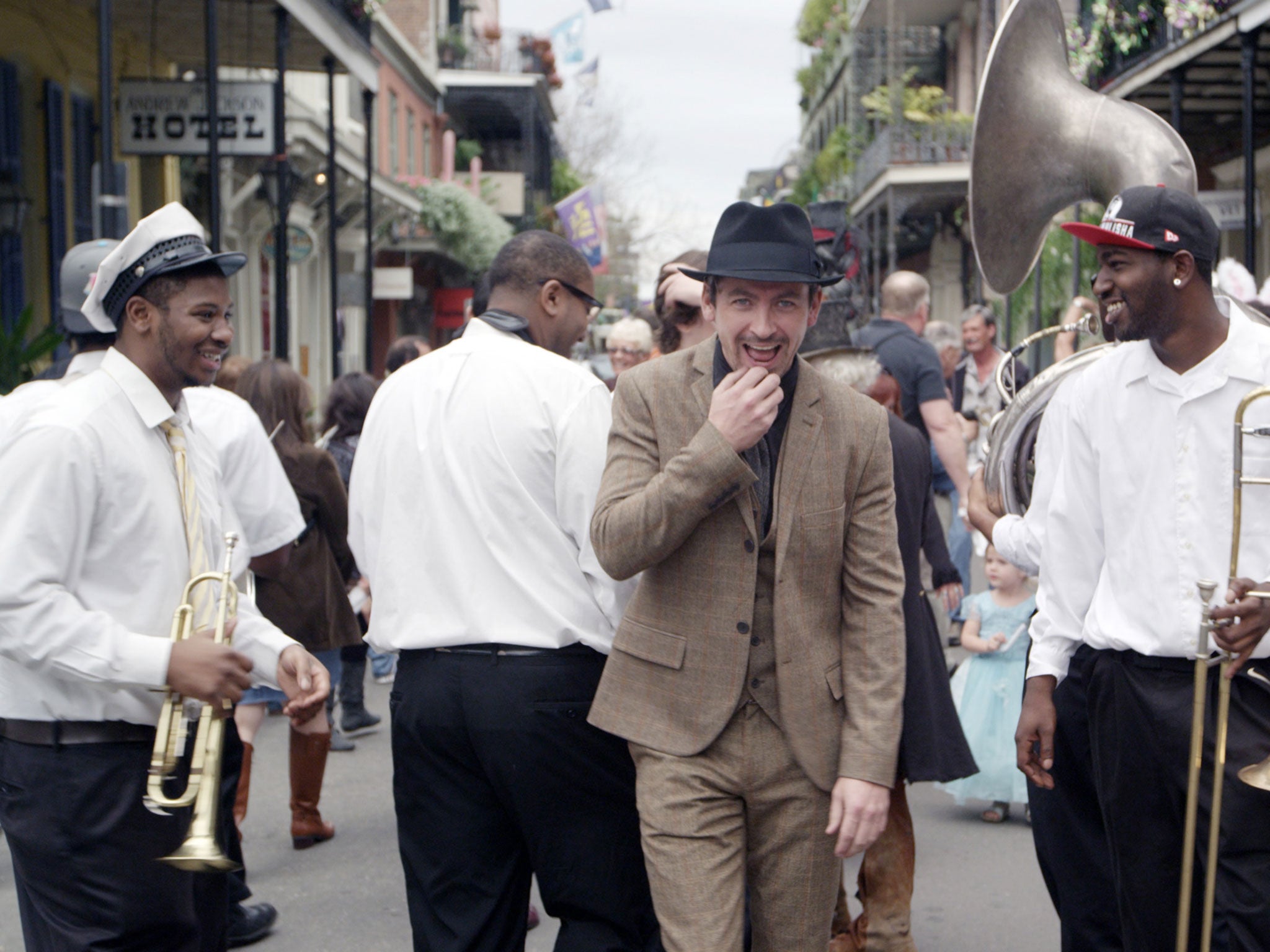Scam City: TV review - undercover crime-buster in New Orleans needs to jazz up his act

Your support helps us to tell the story
From reproductive rights to climate change to Big Tech, The Independent is on the ground when the story is developing. Whether it's investigating the financials of Elon Musk's pro-Trump PAC or producing our latest documentary, 'The A Word', which shines a light on the American women fighting for reproductive rights, we know how important it is to parse out the facts from the messaging.
At such a critical moment in US history, we need reporters on the ground. Your donation allows us to keep sending journalists to speak to both sides of the story.
The Independent is trusted by Americans across the entire political spectrum. And unlike many other quality news outlets, we choose not to lock Americans out of our reporting and analysis with paywalls. We believe quality journalism should be available to everyone, paid for by those who can afford it.
Your support makes all the difference.It's not just that the National Geographic documentary series Scam City is a pointless programme, it's that it's also a uniquely irritating one. Whereas most consumer watchdogs investigate scams at the instigation of aggrieved parties, in Scam City presenter Conor Woodman, travels the world looking for trouble and – what's more pitiful – often fails to find it.
This week, Woodman and his badly hidden cameras went to New Orleans during Mardi Gras, the time when this beguiling but beleaguered city lets its hair down in an attempt to attract some much needed tourist dollars to the public coffers. Woodman had a tarot reading for $250, was wowed by a street magician, and got sold a plainly dodgy ticket to a masque ball. They all saw him coming a mile off.
It was never enough, however, for Woodman had one specific goal in mind. He wanted to uncover "the razzle dazzle" aka "Cajun bingo", an illegal rigged board game in which tourists are lured into making ever bigger bets with no hope of ever recovering their money. Several people warned Woodman off, but he paid no mind and, on a few occasions, actually chased wary cardsharps down the street, begging them to take his money.
Eventually, he fell in with Holly, a performance artist and "fixer" who walked Bourbon Street topless (unless silver body paint counts as clothing) and was just as naked in her intention to take Woodman for all he was worth.
Not only did Scam City: New Orleans reveal very little about how scams work, it also inadvertently evoked sympathy for the scammers. With his complete lack of subtlety, Woodman was such a tempting mark, Mother Teresa herself couldn't have resisted fleecing him and his own attempts at entrapment were so cack-handed, they made the con artists look like honest, hard-working citizens by comparison. What's the world coming to when you can't run a little three-card monte on the corner without some documentary-maker turning up to ruin everyone's fun?
Join our commenting forum
Join thought-provoking conversations, follow other Independent readers and see their replies
Comments